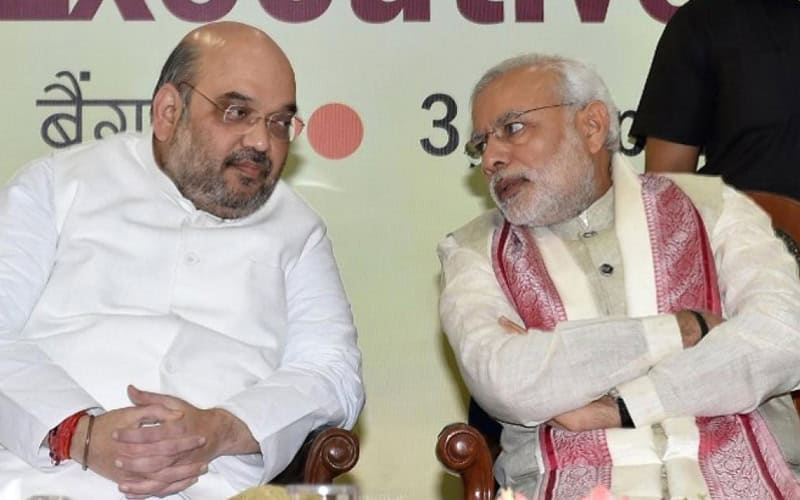New Delhi: In its article entitled “No outreach on CAA, foreign diplomats warn: India fast losing friends”, The Indian Express noted: “More than a fortnight after the Citizenship (Amendment) Act came into force and triggered nationwide protests, There is growing unease within the capital’s foreign diplomatic community over the BJP-led NDA government’s moves.”
The report added “The diplomats have publicly maintained that the CAA is an “internal issue”. However, when The Indian Express spoke to ambassadors and diplomats from at least 16 countries, across all continents, over the last few days on the new law and the protests, they expressed “concern” at the situation.”
Indian Express stated that the diplomats, who include representatives from G-20 and P-5 groupings, and neighbouring countries, spoke on the condition of anonymity because the matter is “sensitive” and any attribution “may impact” bilateral ties.
The report added, “Diplomats across continents say the unflattering images and articles about the protests and the government crackdown in the foreign press have made it harder for India’s “friends”, as many in their countries are questioning the government’s commitment to “shared values”.”
The report quoted an ambassador from a European country as saying, “With each passing day, the government’s position is getting weakened, as these images are not going away. And the action against the protesters and the latest reports of torture and intimidation are giving more credence to the view that the government is intolerant of criticism and dissent.”
A diplomat from a G-20 country citing last week’s incidents of a German student and a Norwegian tourist being sent back for participating in the protests said, “It doesn’t speak well of the world’s largest democracy”.
While Bangladesh Foreign Minister A K Abdul Momen said the law could weaken India’s character as a secular nation, Malaysia’s Prime Minister Mahathir Mohamad said “people are dying” because of the law.
The US Secretary of State Michael R Pompeo said the US “cares deeply about protecting minorities and religious rights” and “honours Indian democracy”.
On the other hand, the UN High Commissioner for Human Rights termed the law as “fundamentally discriminatory” and said it appears to “undermine the commitment to equality”.
A diplomat, who has been in India for about three years, has claimed that ‘with this citizenship law and the protests, the feel-good factor of the ruling party getting 303 seats has vanished.’

